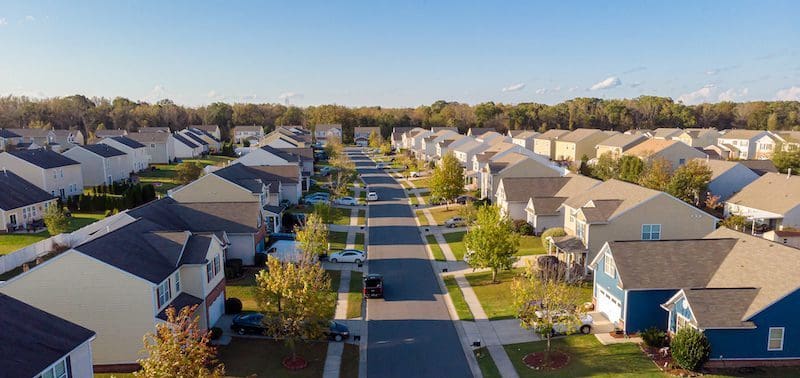New Home Market Update

Zonda’s New Home Pending Sales Index for December captured that sales were down 39.9% compared to the year prior but posted a 2.7% month-over-month increase. The increase corresponded with a 7.5% month-over-month reduction in quick move-in inventory as builders offered incentives and price cuts to help sell any standing or soon-to-be-available homes.
Mortgage rates, while roughly double from where they started last year, have averaged below 7% for 10 straight weeks and are currently sitting around 6%. Rates in the low 6%s allow for expensive but effective mortgage buydowns that help with both housing affordability and consumer confidence regarding the purchase

“The leveling off of financing costs combined with builders ‘ripping the band-aid off’ regarding home prices and normal sseasonality has allowed for green shoots in the housing market to start 2023,” said Ali Wolf, Zonda’s Chief Economist. “Price discovery is happening quickly in the new home market and housing demand in many metros across the country is showing signs of either stabilizing or improving compared to the second half of last year.”
While the green shoots are encouraging, the team at Zonda is still closely monitoring the risks related to changes in policy, the direction of the economy, housing affordability, and shifts in consumer confidence.
Sales activity was low to finish the year
Zonda’s new home sales metric counts the number of new home contract sales each month and accounts for both cancellations and seasonality. This metric shows there were 424,535 new homes sold in December on a seasonally adjusted annualized rate. This was a decline of 19.6% from last month and a drop of 44.0% from a year ago. On a non-seasonally adjusted basis, 30,633 homes were sold, 47.0% lower than last year and 36.6% below the same month in 2019. Note: this data is subject to revisions and will likely be revised higher next month.
Some markets appear to have stabilized
Total volume is down due to both supply and demand. Zonda’s New Home Pending Sales Index (PSI) was created to help account for fluctuations in supply by combining both total sales volume with the average sales rate per month per community. The December PSI came in at 95.3, representing a 39.9% decline from the same month last year. The index is currently 45.3% below cycle highs. On a month-over-month basis, seasonally adjusted new home sales increased 2.7%.
- The PSI failed to grow in any of the select markets in December, but Baltimore was again the strongest performer.
- The metros that performed the worst year-over-year were Denver (-68.2%), Phoenix (-67.5%), and San Francisco (-63.8%).
- On a monthly basis, Denver, Phoenix, and Salt Lake City were the best-performing markets. All three of these markets were among those that slowed the most dramatically and the most quickly in 2022. Traffic and sales are picking up from recent lows.
